Jane Goodall: Why Good For the Environment is Also Good For Business
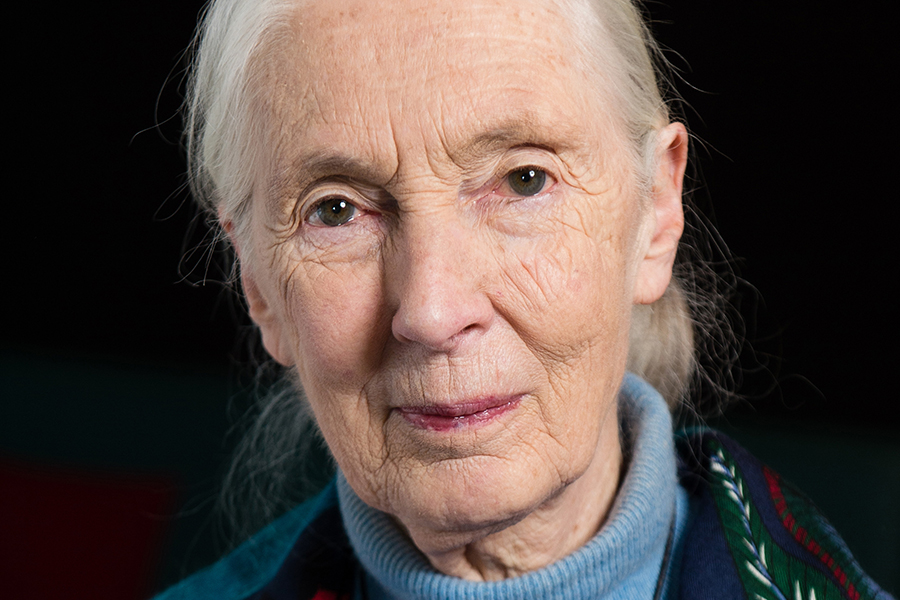
Through 60 years of groundbreaking work, Dr. Goodall has shown us the urgent need to protect chimpanzees from extinction. She has also redefined species conservation to include the needs of local people and the environment. Today she travels the world, speaking about the threats facing animals and environmental crises, urging us to take action on behalf of all living things and the planet we share.
It’s become clear that the current economic model — that we can have unlimited extractive consumption on a planet with finite natural resources — is not a longterm solution. Achieving GDP growth at all costs, instead of protecting the environment for our future is not something that will continue to work. Already in some places, thanks to demand and unsustainable lifestyles, resources are being used up faster than nature can replenish them. Unless business changes its rapacious demand on the environment, the future will look pretty grim. Many businesses have already seen the writing on the wall, and realized that unless our natural resources are protected their business won’t continue — they will have nothing to continue it with.
Many business leaders I know have become very concerned about the future and are gradually changing the way their business operates; thinking about their supply chains, the unequal wages paid in other countries that allow people to earn just enough money to survive for that day. Real leaders have realized that things can’t go on this way. Instead, business leaders should see the positive attributes of working differently. My approach to convincing people is not to say no, or berate them. Changing minds is difficult, but you don’t change minds by pointing at people and telling them they’re bad. I never tell people they can’t do something, or that they are bad people — you have to try and reach the heart. True change comes when people change from within, not told what to do.
So, how do you reach the heart? My approach is through stories, based on firsthand experiences.
I left Gombe National Park in Tanzania in 1986, where I had been researching the problems faced by chimpanzees, and why their numbers were decreasing. I also saw the crippling poverty in Africa on my travels across the continent. How do you give hope to people who look around and see the damage we have done to our planet? I have met so many amazing people doing incredible things and also seen the terrible harm we have inflicted on our planet. My stories from these encounters can play a powerful role in changing minds.
I have stood in Greenland and watched the ice melting. I have listened to the Inuit explain how even at the height of summer the ice had once never melted there. I have met people who have left their island homes because the sea levels have risen. I have spoken with environmental refugees who have left their homes to seek a new life in places that are more habitable. They send money back to their drought-ravaged countries where it has become impossible to make a living, despite their ancestors having sustained themselves there for hundreds of years before.
Having experienced these things firsthand and then telling people about them, I can suggest ways to create change.
Business leaders need to lead the way. Many governments are tied up with corruption or their next election campaign. Business and philanthropy are moving into the gap to help heal the harm we have inflicted on the natural world. As a business leader, ask yourself a few simple questions: “Am I harming the environment with this? How was this made? What can I do better? Am I paying fair wages?”
Shareholders, too, are starting to demand that their business become more ethical. Those of us lucky enough to live in a country that is not struggling with poverty, can make intelligent choices in what we buy: “Has this harmed the environment? Was it cruel to animals. Is this cheap because of child slave labor? If we don’t buy products that are made unethically then business will change. I also know of many companies where CEOs have come under pressure from staff to do the right thing. Other companies can’t attract good talent, because no one wants to work for a company that’s destroying the planet.
New trends are emerging that offer new opportunities. Food is one example, where there’s a push to return to small-scale family farming, regenerative agriculture, and organic foods, and move away from the incredibly destructive methods of industrial agriculture. Why should we grow our food with poison? It doesn’t make sense. If our biodiversity and healthy ecosystems collapse from over-use, think about what the future might look for your grandchildren (and theirs).
These solutions should start with young people. After all, it’s their future we’re stealing. I began the Roots and Shoots program at the Jane Goodall Institute that targets young people from kindergarten to college. It began with 12 students in Tanzania and is now in more than 60 countries. The main premise is that every day we have an impact on the planet, and that we can choose what impact we’ll make. I learned in the rainforests that everything is interconnected. This also applies to all life.
Each of the Roots and Shoots groups choose three projects: one to help people, one to help animals, and one to help the environment. I’ve seen how these children have even changed their parents for the better. Business leaders, too, can lead the way.

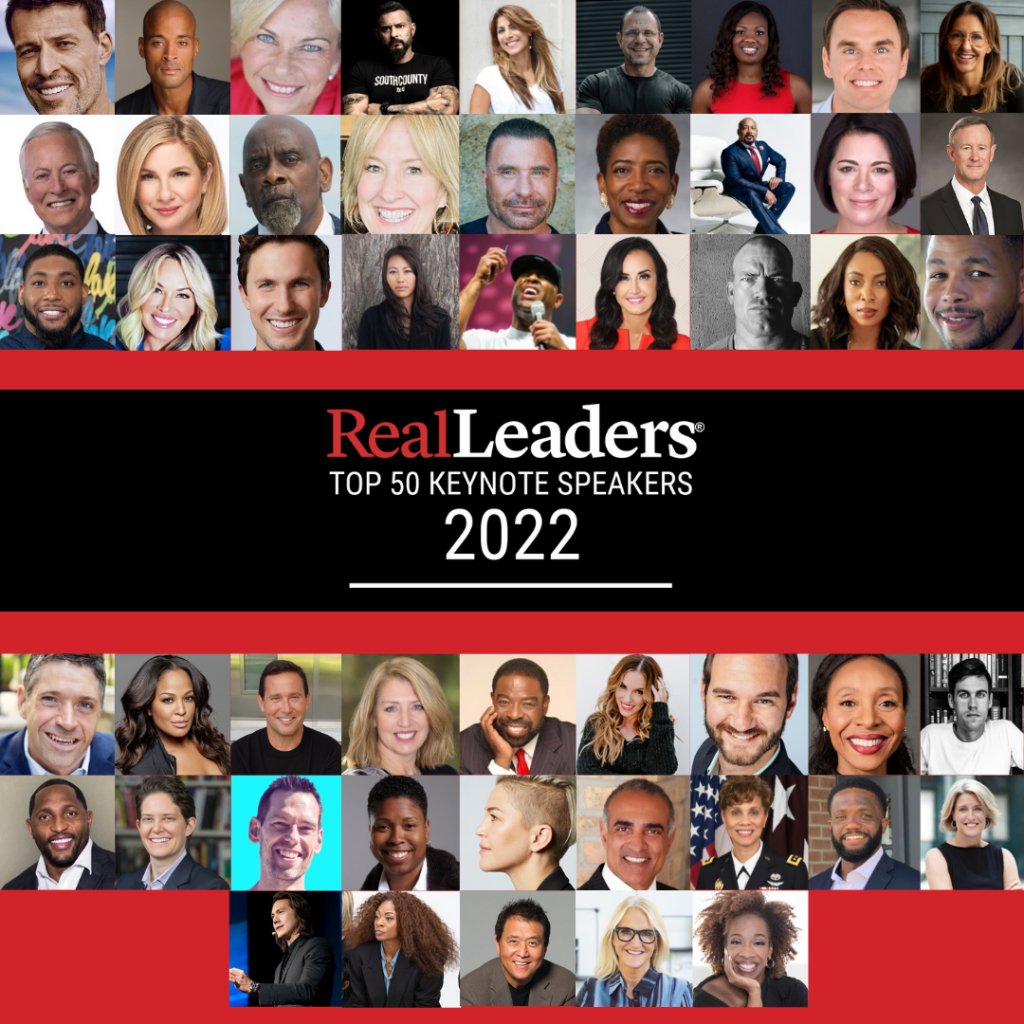
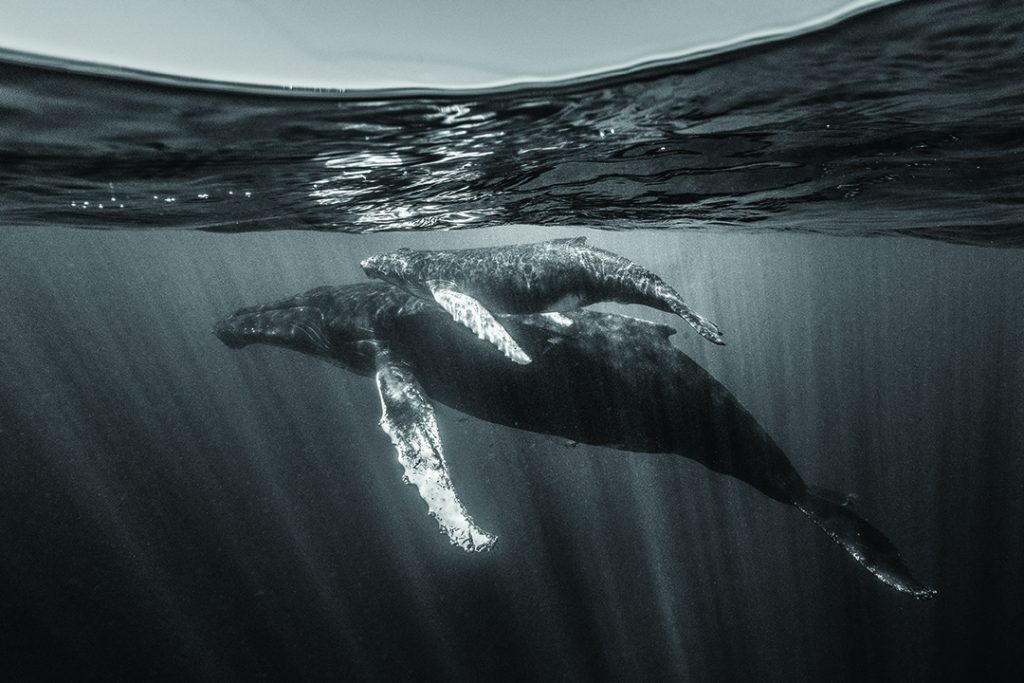
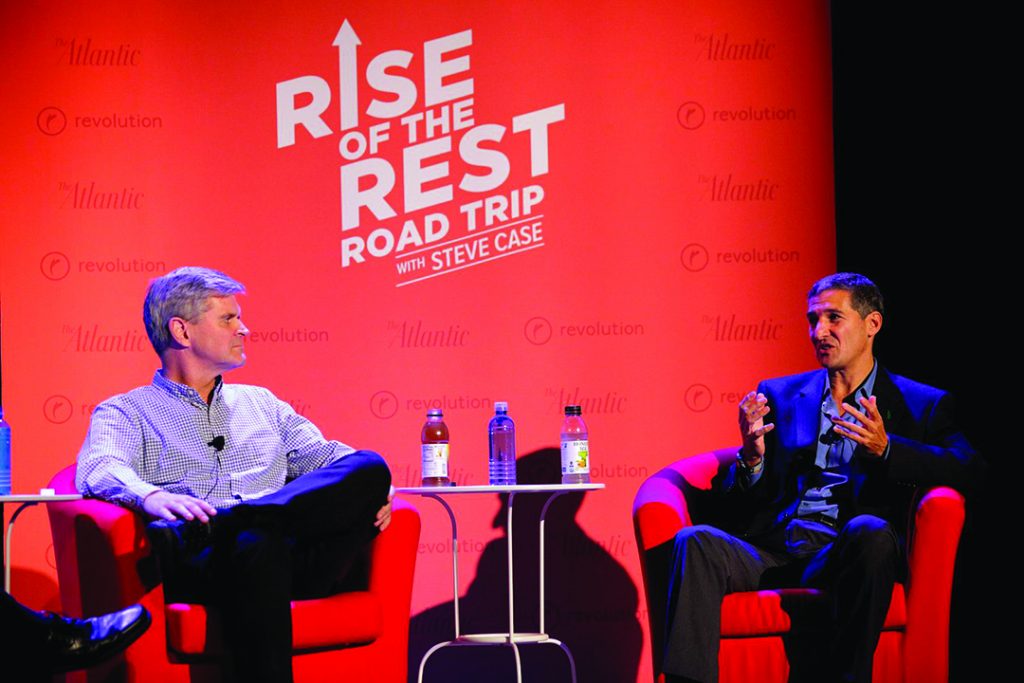
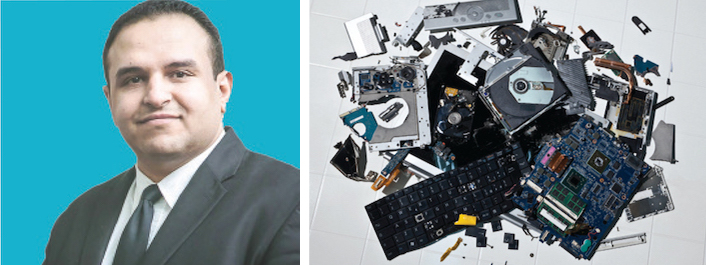
Responses